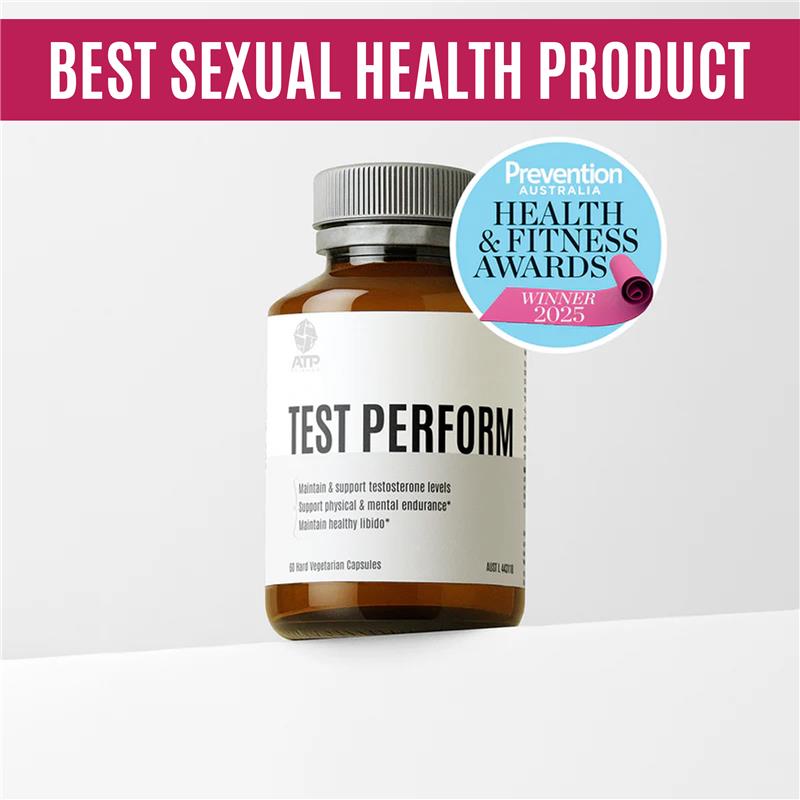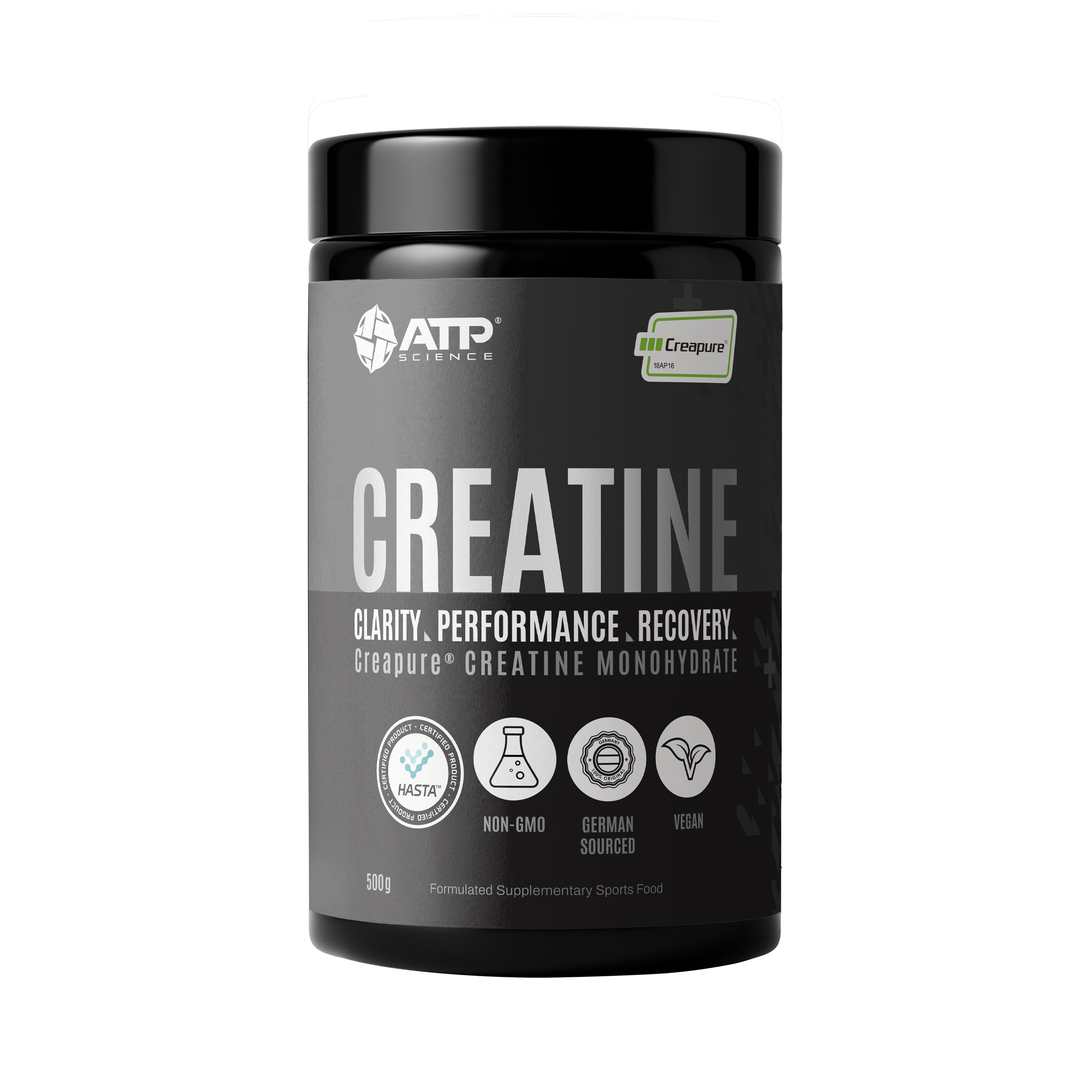What is the deal with Endometriosis?
What is endometriosis?
Endometriosis was once a lesser-known disease despite it affecting 5-10% of women globally.1 In recent years, with thanks to celebrities speaking about their experiences and various not for profit associations working hard, more awareness has been generated around this benign and painful disease. Endometriosis affects women of reproductive age and is still considered a “mysterious” disease with its exact cause not yet being established.”[1] Amazingly, this disease was first described in 1690 however, back then physicians had no idea what was going on inside of a women's body and it was the painful details of the condition being meticulously detailed in the literature.[2]
Endometriosis is a condition where the tissue lining of the uterus (endometrium) grows outside the uterus. Normally, over the course of a month a woman grows their endometrium in preparation for a fertilised egg to land and grow, otherwise known as implantation. If the egg is not fertilised, the woman sheds their endometrium along with the unfertilised egg over 4-5 days and the whole process repeats. In 1860, Karl von Rokitansky was the first to describe the endometrium growing outside the uterus travelling into the abdominal cavity.[3] It wasn't until 1927 that J. A. Sampson was the first to use the name "Endometriosis" in the medical literature. He described this as "retrograde mensuration", where it was theorised that the endometrium would travel up and out of the fallopian tubes located near the ovaries, instead of travelling down and out of the bottom of the uterus which should be the normal occurence during menstruation.[4] This theory is the leading theory today to describe the process of endometriosis.
The risk factors associated with endometriosis
While the exact cause of endometriosis is unknown, there are certain risk factors that can predispose a woman to develop endometriosis. Of course, you could have none, one, some or all of these risk factors and get endometriosis. Common risk factors include:
- Getting your period before the age of 11.[5]
- Having menstrual cycles shorter than 27 days.[6]
- Being underweight.
- Having only one or no children.
- Being of caucasian decent
- Being aged between 25 and 29.
- Drinking more than 10g of alcohol per day.
- Smoking.[7]
The common symptoms of endometriosis
- Severe menstrual symptoms that appear before the age of 20.[8]
- Gradually increasing menstrual pain.
- Pelvic pain
- Pain in the lower spine region (Sacral pain)
- Dysmenorrhea
- Painful ovulation
- Pain during intercourse
- Pain when defecating
- Pain when urinating
- Pain radiating to the back
- Abundant irregular menstruation
- Blood in the stool
- Diarrhea or constipation
- Infertility
- Chronic fatigue[9]
Treating endometriosis
Endometriosis is notoriously difficult to treat. Medical treatments usually begin with presecribing the oral contraceptive pill, then anti-estrogen drugs (endometriosis is considered an estrogen-dominant condition), and if this fails, surgery is an option if the condition becomes severe. Anti-inflammatory drugs along with powerful pain medications such as those from the opioid family will also be prescribed to help with pain relief in severe cases. It is always advised to pursue the most conservative treatments available and there is good evidence to suggest herbal medicines may benefit endometriosis sufferers.[10] Pain medications have a place as they can provide immediate relief when needed however, it is important to remember that they are not working on any of the driving factors.
Natural medicines for the treatment of endometriosis.
Below are some of the most researched natural compounds for the treatment of endometriosis. Please speak to your health care practitioner before taking any natural medicine to ensure this is suitable for you.
Get your gut healthy. Over 400 years ago Hippocrates stated that diseases were all derived from the gut.[12] And there is no exception with endometriosis. A recent review concluded that dysbiosis in the microbiome is strongly linked to endometriosis.[13] Polyphenols (natural chemicals found in spices, vegetables and fruits) have been found to improve the microbiome and recent research have found that polyphenols is a therapeutic option for women suffering endometriosis.[14]
Resveratrol. Resveratrol is a natural chemical naturally found in grapes and peanuts. Clinical trials have found that resveratrol may benefit endometriosis because it reduces 4 factors that drive endometriosis, namely pain, dysmenorrhea, aromatase and inflammation.[15] Resveratrol can be sold in supplement form and can be obtained over the counter and is generally regarded as safe.
Green tea extract (ECGC). ECGC is a widely researched component of black tea however, is in higher amounts in green tea. Recent research has found that ECGC poses anti-oxidant and anti-proliferative properties.[16] Studies have found that the antiproliferative properties of EGCG were vastly more pronounced in endometriotic stromal cells from patients with endometriosis. The studies are following other research observing that EGCG strongly suppresses cell proliferation of endometrial diseased cells than of their healthy cells.[17]
Turmeric. Turmeric is healthy for so many conditions and has been consumed for centuries, especially by middle-eastern nations. It is probably best known for its ability to treat arthritic conditions.[18] and numerous studies have confirmed this benefit. And it is a similar mechanism by which turmeric can help endometriosis. As with most conditions, endometriosis has a strong inflammatory component and turmeric has been found to reduce the pain and inflammation associated with endometriosis.[19]
The take-home message
Endometriosis is a very painful, debilitating condition that affects up to 10% of young women. It can cause infertility in up to 50% of women and can greatly impact quality of life. While there are various medical treatments, it can be beneficial to consider using natural medicines as part of a long term approach. Research suggests natural medicine may benefit endometriosis pain and suffering and has fewer side effects than medical interventions. There is no one size fits all approach, speaking to a health care practitioner team (medical and natural practitioners) about the best treatment options for each individual situation could be the best way to move forward.
For more on this topic, watch this episode on YouTube:
Also available on multiple podcast platforms: CHECK THEM OUT
References
(1) Lancet 2021; 397: 839–52 Department of Obstetrics, Gynecology and Reproductive Sciences, Yale School of Medicine, New Haven, CT, USA (Prof H S Taylor MD, A M Kotlyar MD, V A Flores MD)
(2) Smolarz, B.; Szyłło, K.; Romanowicz, H. Endometriosis: Epidemiology, Classification, Pathogenesis, Treatment and Genetics (Review of Literature). Int. J. Mol. Sci. 2021, 22, 10554. https://doi.org/10.3390/ijms221910554
(3) Benagiano, G.; Brosens, I.; Lippi, D. The history of endometriosis. Gynecol. Obstet. Investig. 2014, 78, 1–9.
(4) Rokitansky, K. Uber uterusdrusen neubildung. Ztchr Gesselsch Arzte Wein 1860, 16, 577.
(5) Sampson, J.A. Metastatic or embolic endometriosis, due to the menstrual dis- semination of endometrial tissue into the venous circulation. Am. J. Pathol. 1927, 3, 93.
(6) Matorras, R.; Rodíquez, F.; Pijoan, J.I.; Ramón, O.; Gutierrez de Terán, G.; Rodríguez-Escudero, F. Epidemiology of endometriosis in infertile woman. Fertil. Steril. 1995, 63, 34–38.
(7) Falcone, T.; Flyckt, R. Clinical Management of Endometriosis. Obstet. Gynecol. 2018, 131, 557–571.
(8) Molgaard, C.A.; Golbeck, A.L.; Gresham, L. Current concepts in endometriosis. West J. Med. 1985, 143, 42–46.
(9) Bourdel, N.; Matsusakï, S.; Roman, H.; Lenglet, Y.; Botchorischvili, R.; Mage, G.; Canis, M. Endometriosis in teenagers. Gynecol. Obstet. Fertil. 2006, 34, 727–734.
(10) Smolarz, B.; Szyłło, K.; Romanowicz, H. Endometriosis: Epidemiology, Classification, Pathogenesis, Treatment and Genetics (Review of Literature). Int. J. Mol. Sci. 2021, 22, 10554. https://doi.org/10.3390/ijms221910554
(11) Lancet 2021; 397: 839–52 Department of Obstetrics, Gynecology and Reproductive Sciences, Yale School of Medicine, New Haven, CT, USA (Prof H S Taylor MD, A M Kotlyar MD, V A Flores MD)
(12) Lyon L. 'All disease begins in the gut': was Hippocrates right? Brain. 2018 Mar;141(3):e20. doi: 10.1093/brain/awy017. Epub 2018 Feb 12. PMID: 29444202.
(13) Leonardi M, Hicks C, El-Assaad F, El-Omar E, Condous G. Endometriosis and the microbiome: a systematic review. BJOG. 2020 Jan;127(2):239-249. doi: 10.1111/1471-0528.15916. Epub 2019 Sep 19.
(14) Gołąbek A, Kowalska K, Olejnik A. Polyphenols as a Diet Therapy Concept for Endometriosis-Current Opinion and Future Perspectives. Nutrients. 2021 Apr 18;13(4):1347. doi: 10.3390/nu13041347.
(15) Meresman GF, Götte M, Laschke MW. Plants as source of new therapies for endometriosis: a review of preclinical and clinical studies. Hum Reprod Update. 2021 Feb 19;27(2):367-392. doi: 10.1093/humupd/dmaa039. PMID: 33124671.
(16) Singh AK, Chakravarty B, Chaudhury K. Nanoparticle-assisted combinatorial therapy for effective treatment of endometriosis. J Biomed Nanotechnol 2015;11:789–804.
(17) Chen D, Wan SB, Yang H, Yuan J, Chan TH, Dou QP. EGCG, green tea polyphenols and their synthetic analogs and prodrugs for human cancer prevention and treatment. Adv Clin Chem 2011a;53:155–177.
(18) Paultre K, Cade W, Hernandez D, Reynolds J, Greif D, Best TM. Therapeutic effects of turmeric or curcumin extract on pain and function for individuals with knee osteoarthritis: a systematic review. BMJ Open Sport Exerc Med. 2021 Jan 13;7(1):e000935. doi: 10.1136/bmjsem-2020-000935. PMID: 33500785; PMCID: PMC7812094.
(19) Vallée A, Lecarpentier Y. Curcumin and Endometriosis. Int J Mol Sci. 2020 Mar 31;21(7):2440. doi: 10.3390/ijms21072440. PMID: 32244563; PMCID: PMC7177778.



















